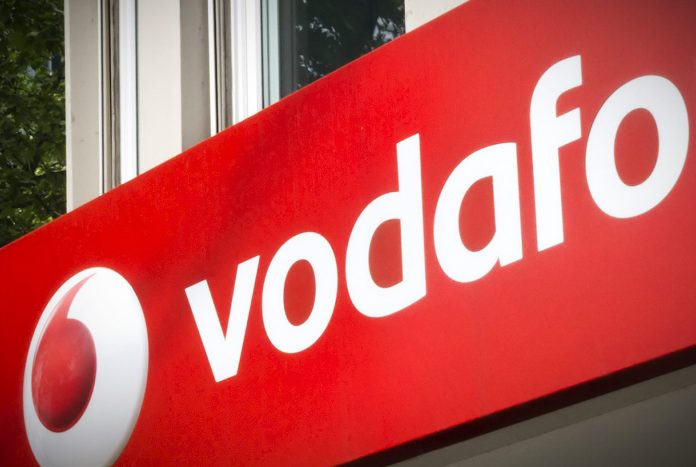UK operator Vodafone has issued a report, written by telecoms consultancy STL Partners, that there will be (up to) 3.3 billion IoT devices variously trading with each other in an ‘economy of things’ by the end of the decade. The number is a colossal jump from just 88 million devices in 2024, suggests STL; in total, it says 10 percent of the entire IoT market – putting the IoT market at 33 billion devices by 2030 – will autonomously interconnect and inter-trade.
The compound growth rate for this ‘economy of things’ will be 68 percent per year (CAGR) in the period. But its success invariably depends on “greater industry-wide co-operation”, said Vodafone in a statement. As it stands, around 75 percent of data currently generated by IoT devices cannot be shared across different devices and systems, which is a “vast untapped resource of value that is yet to be realised”, it said.
The report from STL predicts that connected vehicles will represent the most devices in the ‘economy of things’ by 2030 – on the grounds vehicle telematics is relatively mature already, and the data collected by vehicles for others in the ecosystem is highly valued. Connected vehicles and smart infrastructure, such as electric-vehicle (EV) charging points, parking space sensors and traffic lights will be able to communicate and coordinate directly, it said.
Besides, STL forecasts there will be more than 1.2 billion smart grid devices using the ‘economy of things’ by 2030, representing about 40 percent of the total forecast; 700 million supply chain devices will also be connected. The full report is available here with a breakdown of the forecast. Vodafone has its own economy-of-things platform service, called Digital Asset Broker (DAB). “Multiple sectors can instantly connect new products to the DAB platform, rather than build their own complex systems,” it said.
Last month, Vodafone announced an 80/20 standalone joint-venture with Japanese trading and electric services company Sumitomo Corporation to drive the development of the ‘economy of things’. Vodafone has contributed its blockchain-based DAB platform to the venture; Sumitomo has invested in the business and will also draw-in additional investors, partners, and customers.
The DAB platform was unveiled at MWC last year, as an engine to support a new ‘economy of things’, enabling verified IoT devices to securely transact without human intervention, but with human (‘owner’) control. It has been pitching the platform for usage in the automotive, energy, manufacturing, and supply chain sectors. With new backing from Sumitomo, the venture will continue as a standalone business focused particularly IoT devices, electric vehicles, and smart street furniture
Jorge Bento, chief executive of the DAB business at Vodafone, said: “IoT has always operated in siloes, with devices only communicating within the domain of the supplier of the device. Frictionless interoperability between devices, people and sensors in the IoT domain and beyond provides an enormous monetisation opportunity for our partners and business customers.”
David Palmer, head of product management in the same unit, added: “The huge opportunity and primary source of revenue for the EoT comes from generating data from IoT devices and sensors in real-time. These incorporate AI algorithms to generate monetizable events for subsequent transactions through smart contracts.”

